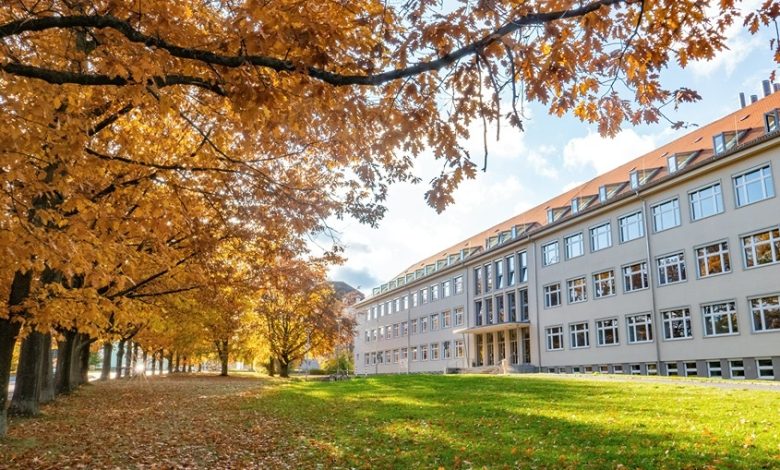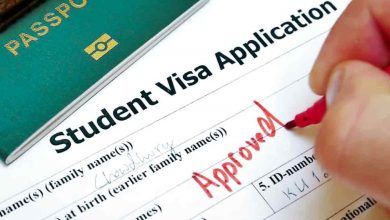Over 49,000 Indian Students are Studying in Germany, Most of Whom are in Engineering
A DAAD statement released in the first week of September said: "The number has more than doubled in the last five years. Indian students now form the largest international community in Germany for the second consecutive year."

Studying in Germany: As of last year, Germany recorded the highest number of foreign students from India (49,483), according to a statement by the DAAD – German Academic Exchange Service. With a 15.1 per cent increase within a year, India has become the largest group of international students enrolled in German universities, surpassing China, according to data for the winter semester 2023-24.
A DAAD statement released in the first week of September said: “The number has more than doubled in the last five years. Indian students now form the largest international community in Germany for the second consecutive year.”

According to official data, there were 20,810 Indian students enrolled in German universities and colleges in 2018-19, which increased to 25,149 in 2019-20. Despite the Covid-19 pandemic, the number of Indian students going to Germany saw a rise. There were 28,905 Indian students in Germany in 2020-21, 34,134 in 2021-22, 42,997 in 2022-23 and 49,483 in the recent 2021-24 winter semester year. Last year, the total of Chinese students reached 39,137, with Syria contributing 15,563, Austria 14,762, and Turkey 14,732.
According to data from Germany’s Federal Statistical Office shared by DAAD Germany, 60 per cent of the students are studying in Germany in the engineering field. With regard to the distribution of enrolment by subject, 21 per cent of Indian students in Germany are pursuing studies in law, management and social sciences, while 13 per cent are engaged in mathematics and natural sciences. In addition, five per cent are enrolled in various other courses.
In terms of enrolment by type of higher education institutions, 56 per cent of students are in universities and 44 per cent of students are in universities of applied sciences.
The German Academic Exchange Service (DAAD) offers a wide range of scholarships for Indian students and researchers. Beyond institutional support, the exchange service promotes “bi-directional movement” of scholars between Germany and India, thereby facilitating academic exchange and collaboration between the two countries.
Part-time Work Options for International Students in Germany:
International students going to Germany to study will be allowed to work a total of 140 full or 280 half days in a year. A student will not be allowed to work more than 20 hours a week during the session. However, students can undertake full-time employment during holidays. The option of working part-time in Germany for international students is provided with the German study visa and does not require a separate application. By January 2025, the minimum wage for working in Germany is to be increased to €12.82 euros per hour.
Work Visa After Study in Germany:
Students who complete their education in Germany are eligible to work in Germany after their studies. This time is different from the study period given in their German study visa. For their work visa after study in Germany, students can apply for an 18-month extended job seeking visa, also known as a work visa after study, to find work related to their studies. In these 18 months, candidates can work as much as they want and do any kind of employment to support themselves.
Also Read: Some Useful Tips to Keep in Mind if You Want to Study in Germany After Completing 12th.






